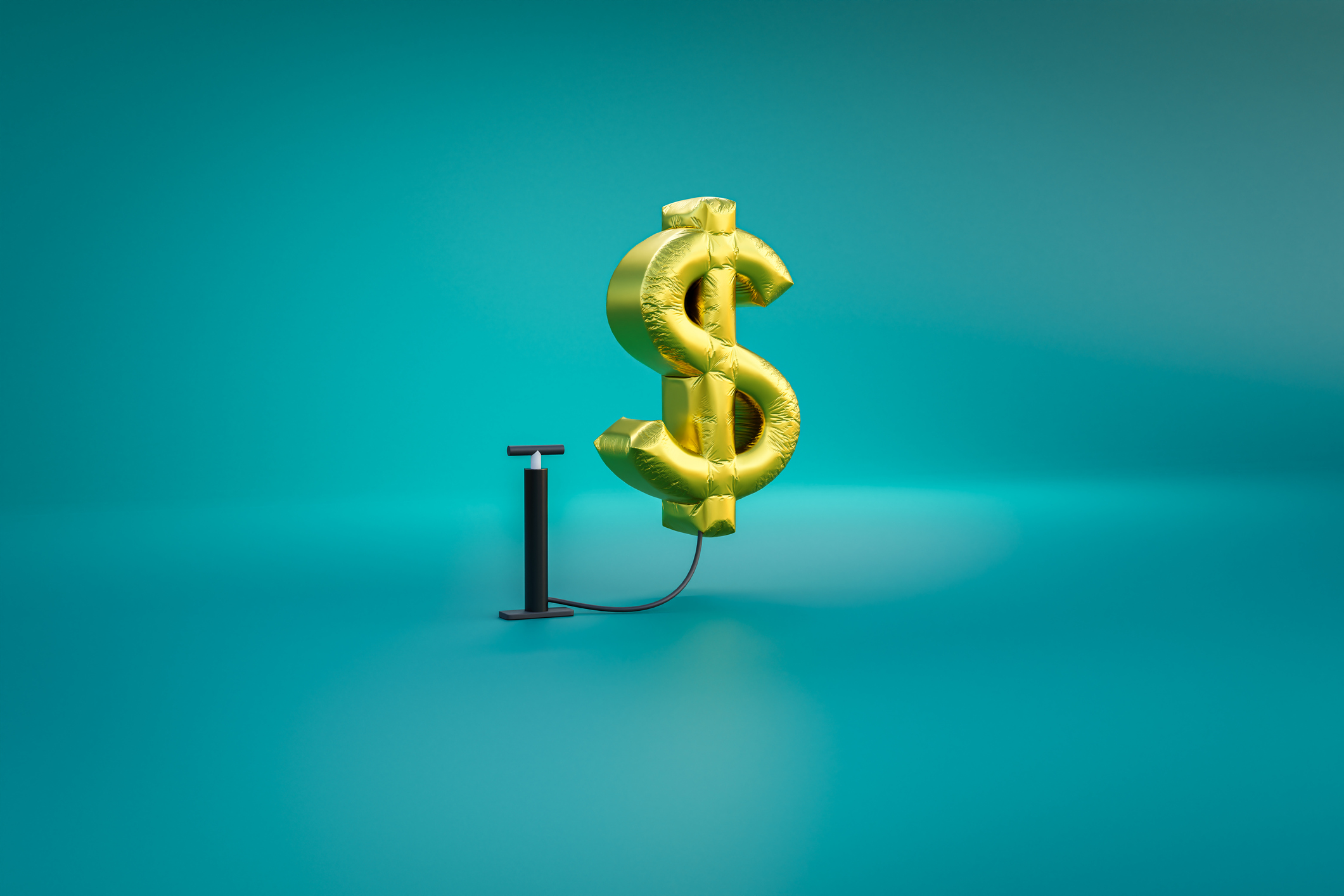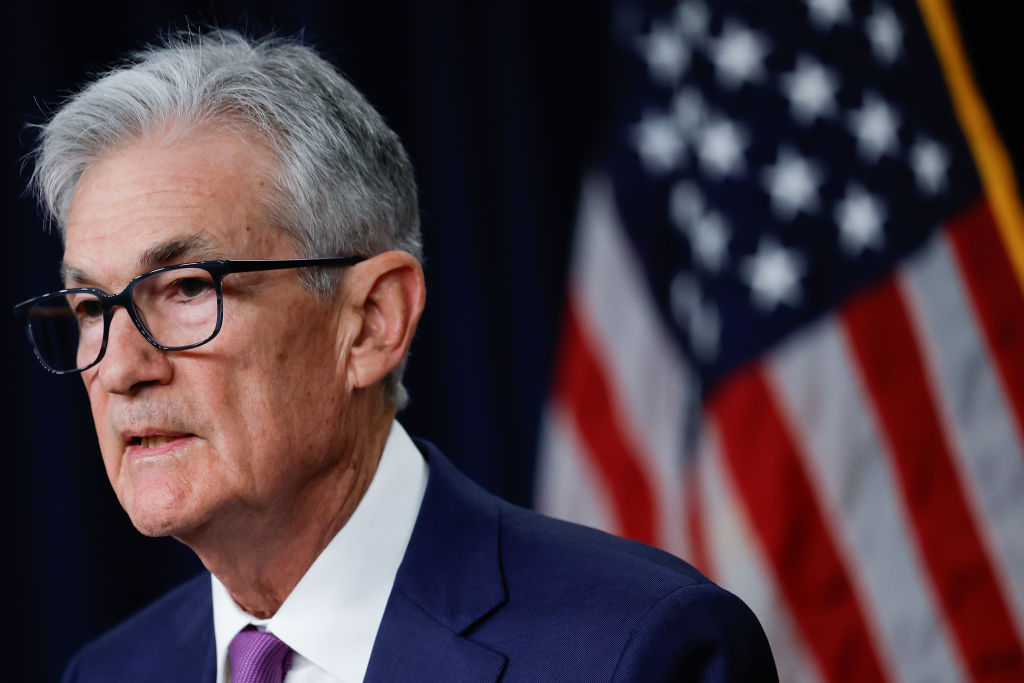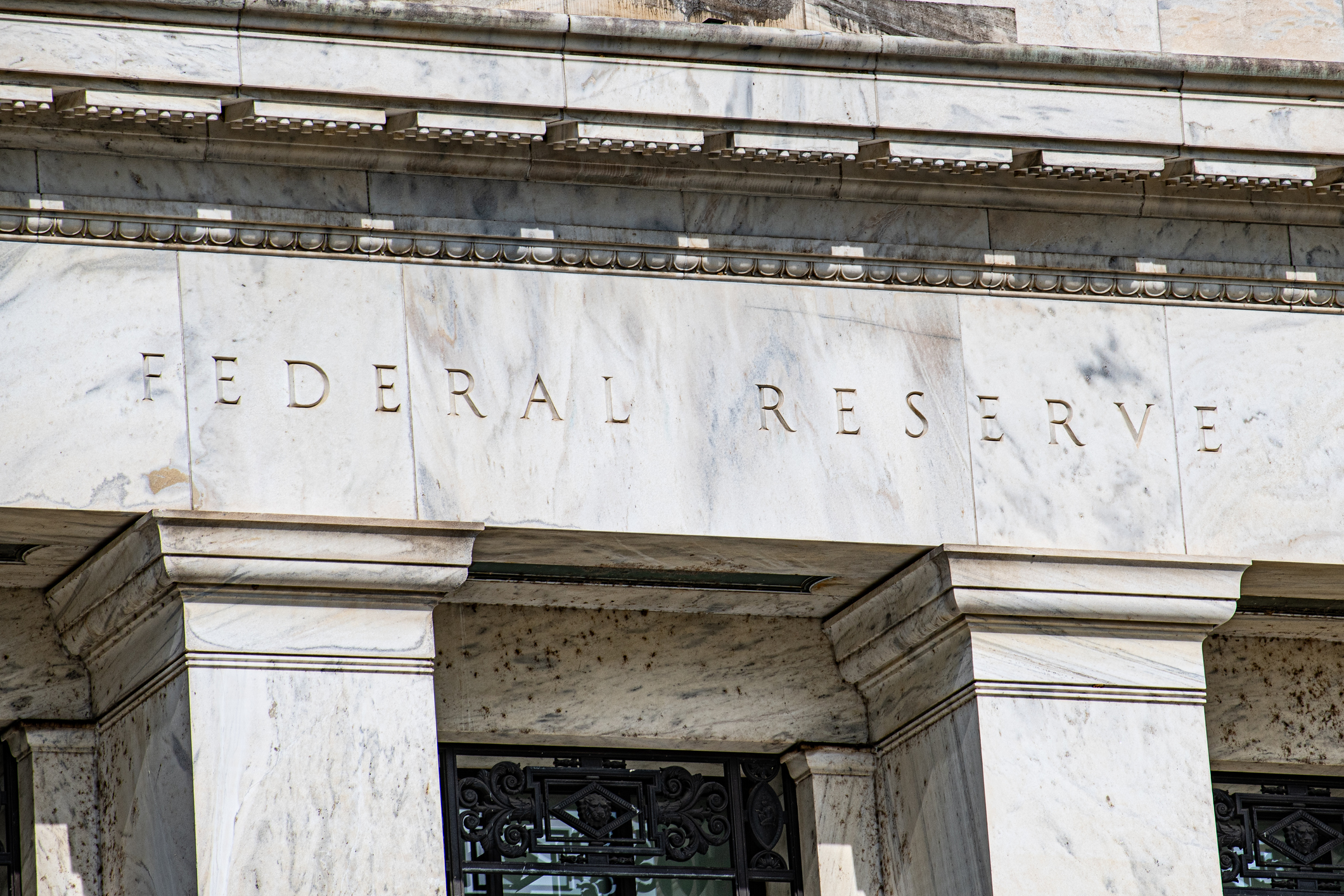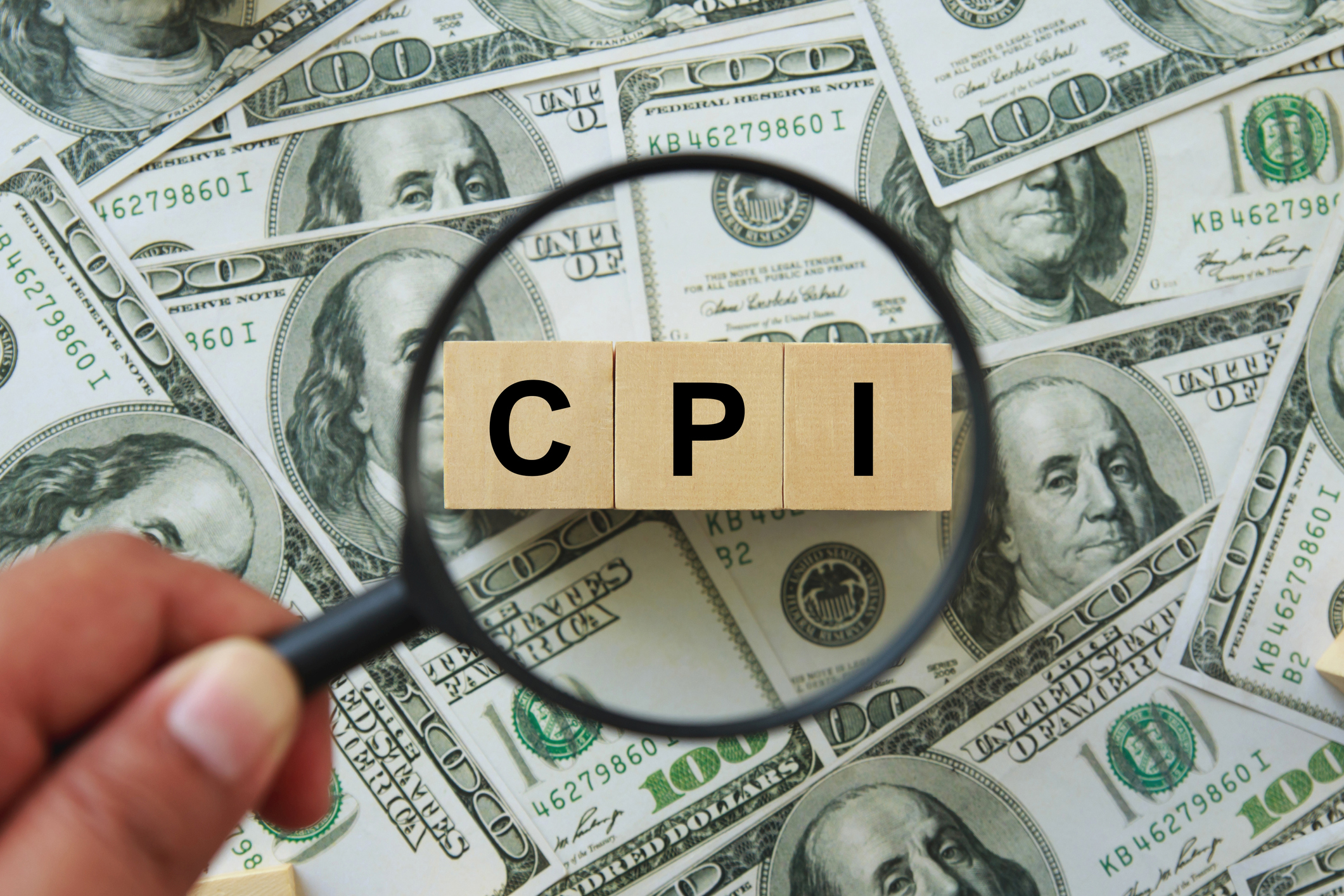Emergency Funds Can Reduce Stress
Your savings can bail you out of a situation you may not think of as an emergency.


Profit and prosper with the best of Kiplinger's advice on investing, taxes, retirement, personal finance and much more. Delivered daily. Enter your email in the box and click Sign Me Up.
You are now subscribed
Your newsletter sign-up was successful
Want to add more newsletters?

Delivered daily
Kiplinger Today
Profit and prosper with the best of Kiplinger's advice on investing, taxes, retirement, personal finance and much more delivered daily. Smart money moves start here.

Sent five days a week
Kiplinger A Step Ahead
Get practical help to make better financial decisions in your everyday life, from spending to savings on top deals.

Delivered daily
Kiplinger Closing Bell
Get today's biggest financial and investing headlines delivered to your inbox every day the U.S. stock market is open.

Sent twice a week
Kiplinger Adviser Intel
Financial pros across the country share best practices and fresh tactics to preserve and grow your wealth.

Delivered weekly
Kiplinger Tax Tips
Trim your federal and state tax bills with practical tax-planning and tax-cutting strategies.

Sent twice a week
Kiplinger Retirement Tips
Your twice-a-week guide to planning and enjoying a financially secure and richly rewarding retirement

Sent bimonthly.
Kiplinger Adviser Angle
Insights for advisers, wealth managers and other financial professionals.

Sent twice a week
Kiplinger Investing Weekly
Your twice-a-week roundup of promising stocks, funds, companies and industries you should consider, ones you should avoid, and why.

Sent weekly for six weeks
Kiplinger Invest for Retirement
Your step-by-step six-part series on how to invest for retirement, from devising a successful strategy to exactly which investments to choose.
A growing number of Americans are struggling to cover unexpected expenses, highlighting the need for emergency savings. According to Bankrate's 2024 Emergency Savings Report, only 44% of U.S. adults could afford a $1,000 emergency expense using their savings, while 25% have no emergency savings at all. This financial vulnerability leaves many relying on credit cards, loans or cutting back on other essentials when faced with unexpected costs.
Building an emergency fund is one of the most effective ways to reduce financial stress and avoid debt. Even setting aside small amounts consistently can help create a financial cushion, making it easier to handle life’s surprises without jeopardizing long-term financial goals.
If I lost my job tomorrow, I would be devastated. But I know I could survive for a few months without a paycheck. Over the past few years, I’ve accumulated a stash of cash in a savings account — and left it alone. I haven’t had any financial disasters serious enough for me to drain my cache. But I feel calmer knowing the money is there.
From just $107.88 $24.99 for Kiplinger Personal Finance
Become a smarter, better informed investor. Subscribe from just $107.88 $24.99, plus get up to 4 Special Issues

Sign up for Kiplinger’s Free Newsletters
Profit and prosper with the best of expert advice on investing, taxes, retirement, personal finance and more - straight to your e-mail.
Profit and prosper with the best of expert advice - straight to your e-mail.
An emergency fund can come to your rescue not only if you lose your job but also if you have an unexpected medical bill or an urgent home or car repair. It can also bail you out of a situation that you may not think of as an emergency but affects your mental health or professional growth.
For example, you may decide to break the lease on an apartment because of a bad roommate situation or quit a toxic job even though you have nothing else lined up.
Get started. Millennials who are juggling everyday expenses, student (or other) debt and retirement-account contributions may be hard-pressed to see the importance of preparing for some unknown future plight. But without an emergency fund, when a sudden expense does crop up, you may need to deplete your retirement savings or investments, skip bill payments, or carry a balance on your credit card to pay for it —and any of those could ding your financial future.
Financial planners usually recommend setting aside from three to six months’ worth of essential living expenses, including rent or mortgage payments, health insurance, transportation, and groceries.
If you have a stable job, are debt-free and could move in with friends or back home in a pinch, you might be comfortable saving less. A spouse or partner’s income is another safety net. If you have children, a mortgage or lots of debt, or you earn an irregular income as a freelancer or small-business owner, you should lock down enough capital to last six months or more.
Of course, this may mean that your emergency fund should have thousands of dollars. But you don’t need to stockpile that amount all at once, especially if you are simultaneously paying down loans or beefing up your 401(k). Pam Capalad, a certified financial planner in New York City and founder of Brunch & Budget, recommends focusing on a smaller amount, such as one month’s worth of living expenses. After that, work on debt while gradually contributing to your emergency fund.
If you’re feeling really stretched, keep at least $1,000 in your emergency fund at all times to bail you out of minor crises. “Otherwise, the cycle of debt will continue,” Capalad says.
The easiest place to keep your emergency fund is in an FDIC-insured high-yield savings or money market deposit account. Kiplinger’s best banks for millennials, Ally Bank and Discover Bank, both offer savings accounts that have no monthly fees or minimum-balance requirements.
Need more motivation? “Save for a feeling, not for a thing,” says Capalad. “Having this fund means that if something unexpected comes up, you can grieve or be emotional without stressing about the financial side or feeling stuck.” If it helps, rename your emergency fund something more positive, such as a yes fund or an opportunity fund, says Capalad. “It gives you the ability to say Yes, I can buy new tires for my car, or Yes, I can take advantage of this once-in-a-lifetime opportunity.”
Related Content
Profit and prosper with the best of Kiplinger's advice on investing, taxes, retirement, personal finance and much more. Delivered daily. Enter your email in the box and click Sign Me Up.

-
 Nasdaq Leads a Rocky Risk-On Rally: Stock Market Today
Nasdaq Leads a Rocky Risk-On Rally: Stock Market TodayAnother worrying bout of late-session weakness couldn't take down the main equity indexes on Wednesday.
-
 Quiz: Do You Know How to Avoid the "Medigap Trap?"
Quiz: Do You Know How to Avoid the "Medigap Trap?"Quiz Test your basic knowledge of the "Medigap Trap" in our quick quiz.
-
 5 Top Tax-Efficient Mutual Funds for Smarter Investing
5 Top Tax-Efficient Mutual Funds for Smarter InvestingMutual funds are many things, but "tax-friendly" usually isn't one of them. These are the exceptions.
-
 Big Change Coming to the Federal Reserve
Big Change Coming to the Federal ReserveThe Lette A new chairman of the Federal Reserve has been named. What will this mean for the economy?
-
 The December CPI Report Is Out. Here's What It Means for the Fed's Next Move
The December CPI Report Is Out. Here's What It Means for the Fed's Next MoveThe December CPI report came in lighter than expected, but housing costs remain an overhang.
-
 The November CPI Report Is Out. Here's What It Means for Rising Prices
The November CPI Report Is Out. Here's What It Means for Rising PricesThe November CPI report came in lighter than expected, but the delayed data give an incomplete picture of inflation, say economists.
-
 The Delayed September CPI Report is Out. Here's What it Signals for the Fed.
The Delayed September CPI Report is Out. Here's What it Signals for the Fed.The September CPI report showed that inflation remains tame – and all but confirms another rate cut from the Fed.
-
 Banks Are Sounding the Alarm About Stablecoins
Banks Are Sounding the Alarm About StablecoinsThe Kiplinger Letter The banking industry says stablecoins could have a negative impact on lending.
-
 What Will the Fed Do at Its Next Meeting?
What Will the Fed Do at Its Next Meeting?The Federal Reserve is expected to keep rates unchanged at the next Fed meeting.
-
 May Fed Meeting: Updates and Commentary
May Fed Meeting: Updates and CommentaryThe May Fed meeting came and went with little fanfare as Fed Chair Powell & Co. stuck to their data-dependent script toward interest rates amid tariff uncertainty. The May Fed meeting came and went with little fanfare as Fed Chair Powell & Co. stuck to their data-dependent script toward interest rates amid tariff uncertainty.
-
 CPI Report Puts the Kibosh on Rate Cuts: What the Experts Are Saying About Inflation
CPI Report Puts the Kibosh on Rate Cuts: What the Experts Are Saying About InflationCPI Consumer price inflation reared its ugly head to start the year, dashing hopes for the Fed to lower borrowing costs anytime soon.